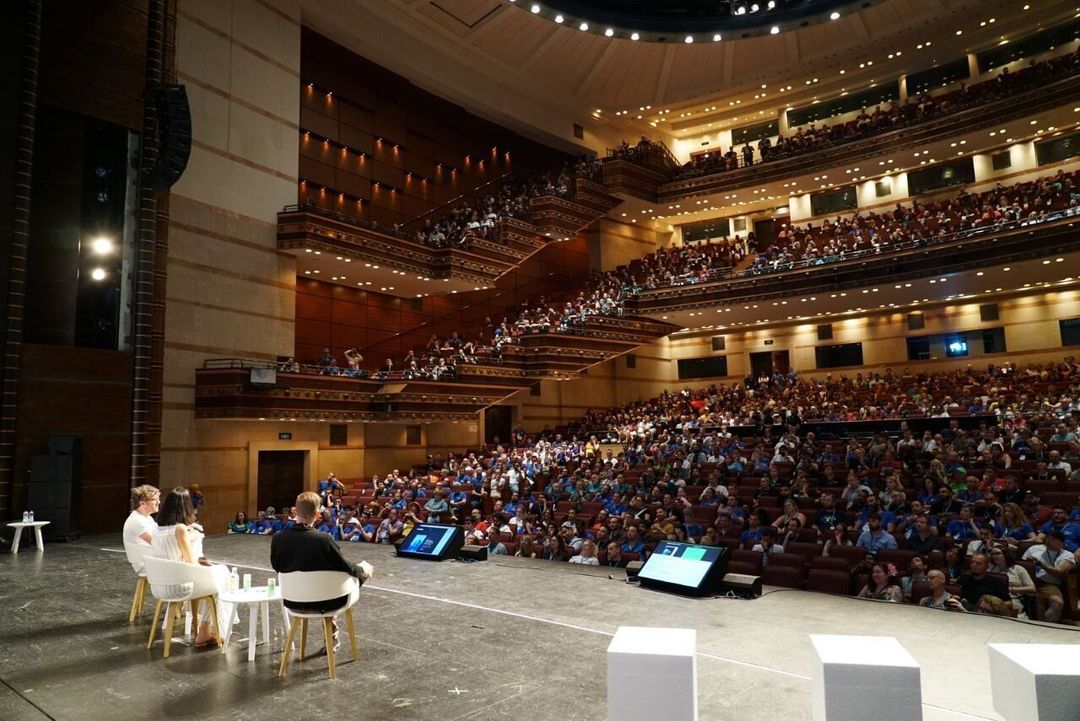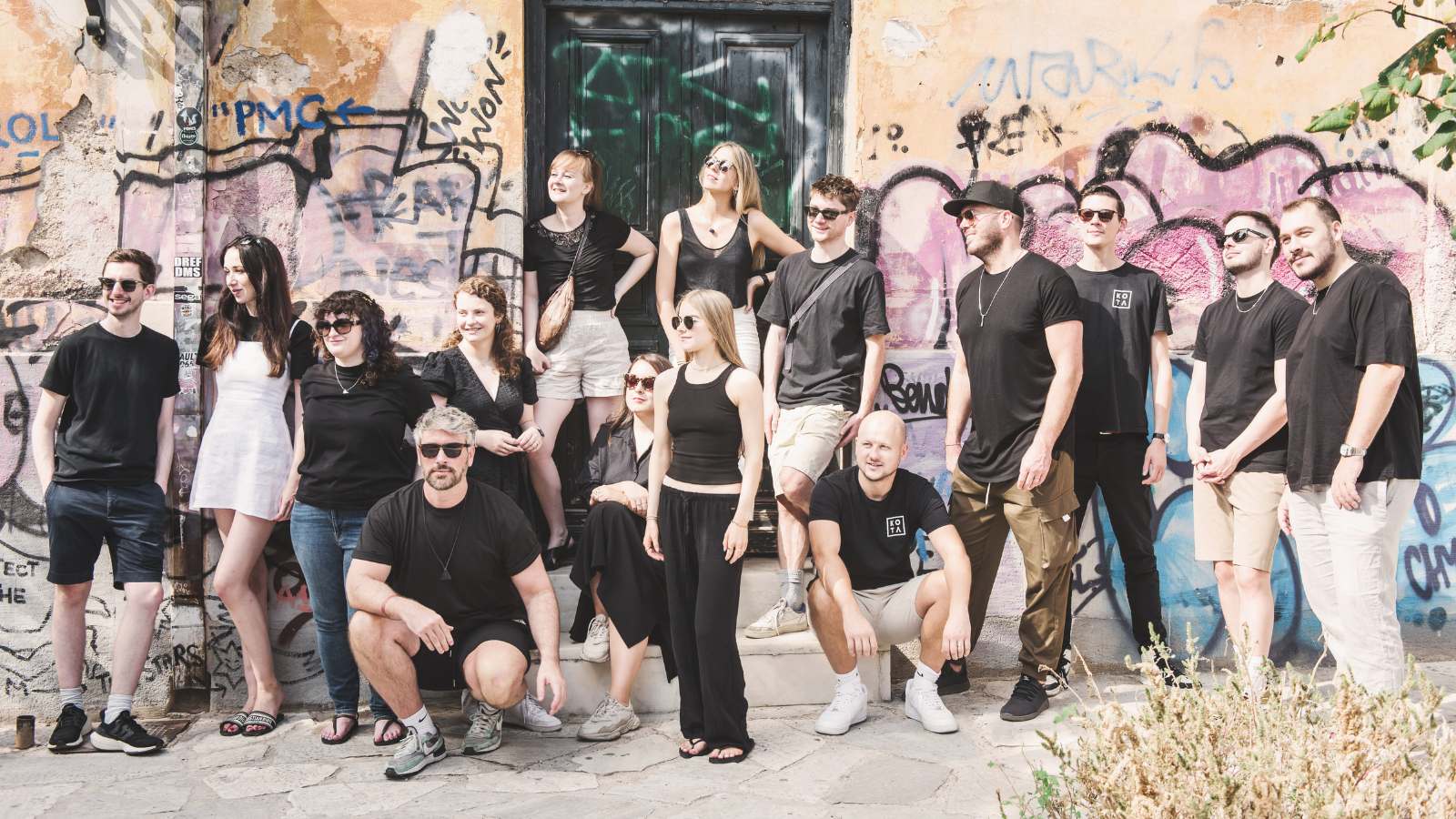WordCamp Europe: My seven key takeaways

Every year, thousands of people come together for WordCamp Europe, the continent’s biggest conference for all-things WordPress. This year, I bought a ticket and off I headed. Destination: Athens Concert Hall aka Megaro Mousikis in Athens, Greece.
My flight landed in Athens early on 8th July. It was a gloriously sunny day at around 30 degrees. From the airport, we took a car straight to Megaro Mousikis. As we entered the venue, I was amazed to see hundreds of people there already. Once we registered, we explored a spacious area where all the conference rooms were located and various WordPress sponsors had their stands set up.
The venue was huge, featuring many conference rooms and a grand theatre that had a capacity of over 2,000 people. The atmosphere exuded inspiration, welcoming you to engage in brainstorming sessions and unleash your creativity.
WordCamp Europe is designed to be inclusive. Whether you’re an enthusiastic amateur, a seasoned professional or fall somewhere in between, you’ll be sure to leave more knowledgeable than before. As the event attracts developers, marketers and designers, it’s a great opportunity to make new industry connections, too. Everyone I met was really friendly, actively sharing their opinions and engaging in discussions.
It wasn’t just the people attending the two-day event that made my experience so great, though. The sponsors were exceptional, providing fantastic goodie bags and invaluable business advice. Plus the staff were incredibly attentive and efficient. The entire event ran incredibly smoothly (and the food and drinks were great!).

To stop this from sounding like a you-should’ve-been-there situation, let me share my top takeaways from the event and the benefits of WordPress.
1. Freedom to build.
WordPress’s headless architecture allows developers to separate the frontend and backend of websites. This means they can use modern technologies to create highly customised and scalable frontends while relying on WordPress for the backend management. With this freedom, developers can build unique, flexible websites that cater to specific needs.
2. Easy content creation.
With the Gutenberg block editor, WordPress makes it simple for content creators to design and edit website content. The intuitive interface and drag-and-drop functionality allow users to create visually appealing pages simply by adding and arranging various content blocks. This user-friendly approach streamlines the content creation process.
3. Fast performance.
By adopting a headless approach, WordPress improves website performance. Developers can build static sites or single-page applications for the frontend, reducing server load and improving page loading times. This enhanced performance leads to better user experiences and higher search engine rankings.
4. Collaboration made simple.
Headless WordPress and Gutenberg facilitate collaboration between developers and content creators. Developers can focus on building the frontend using their preferred technologies, while content creators can work within Gutenberg to add and edit content. This separation of tasks makes for smoother workflows and more efficient collaboration.
5. Expandable functionality.
WordPress has a wide range of plugins that add extra functionality to websites. Even in a headless setup, these plugins can be used to enhance the backend and integrate with external services. This expandability allows developers to customise and extend a website’s features without having to start from scratch.
6. Supportive community.
WordPress has a large, active community made up of developers and contributors. This means there are plenty of resources, documentation and forums full of solutions. The community-driven nature of WordPress means there are regular updates, security patches and ongoing improvements to help you keep websites secure and up to date.
7. User-friendly content management.
WordPress offers a user-friendly content management system (CMS) that makes it easy for companies to manage their website content. With the intuitive Gutenberg block editor, non-technical users can create, edit and publish content without extensive coding knowledge. This empowers companies to maintain and update their websites efficiently, reducing dependence on external developers while saving time and costs in the long run.
*Photos from @wceurope Instagram page.
Interested in working with KOTA?
Drop us a line at
hello@kota.co.uk
We are a Creative Digital Agency based in Clerkenwell London, specialising in Creative Web Design, Web Development, Branding and Digital Marketing.





